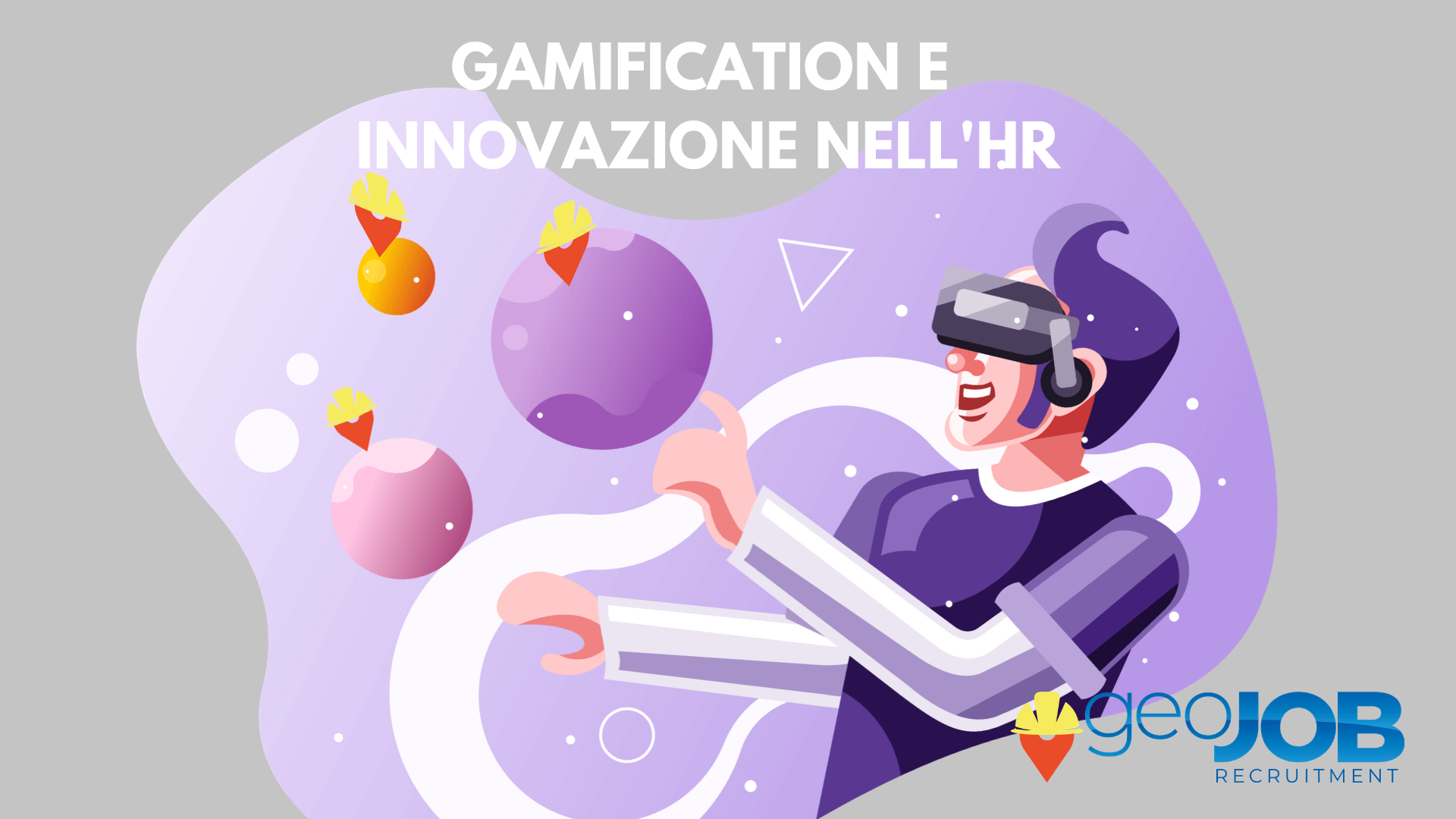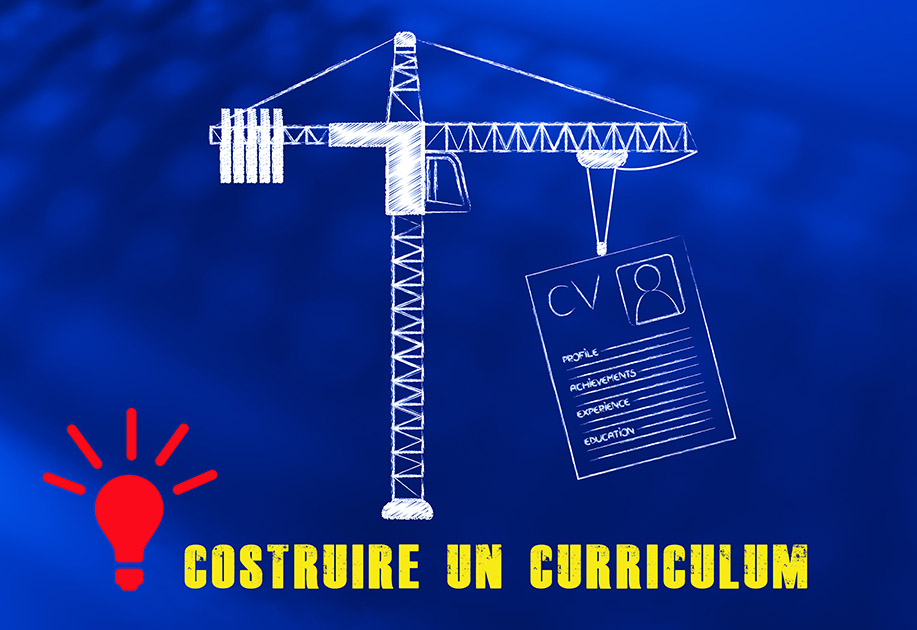This weekend I was playing with my son with “Era – Medieval Age” construction board game which is a brilliant evolution of the classic “roll and write” games.
While everyone was trying to win the game, i was hearing a discussion about the service and advantages that companies have in turning to recruitment agencies for recruiting.
His perplexity about the difficulties of our work made me reflect.
Seen from the outside, our role of “talent seekers” seems to be useless in a world where there are more and more unemployed and fewer and fewer companies hiring. Yet the reality is different.
GeoJOB Recruitment refers to companies in a very particular and complicated to understand sector: the one of building, construction, plant engineering and geotechnical engineering.
It has to study and analyze candidates, trying to discover their inclinations to understand how they will fit into the new organization, by making clear what their role will be and by identifying the right candidate; not only from his competence and work experience.
Every day talk, in person or by telephone, with dozens of candidates and I can assure you that our work isn not that simple.
At the end of the game I left my son with a quote from a Plato aphorism:
“You can find out more about a person in an hour of play than in a year of conversation”
Plato said it 400 years before the birth of Christ and today gamification is a more innovative reality in the field of personnel selection.
At this point I aroused in him a great deal of curiosity on the subject
What does “Gamification” mean?
The simplest and most immediate way to explain the term “gamification”, is to define it as “the use of game mechanisms and elements of game design in contexts unrelated to the game itself”.
We must not confuse gamification with games. We are not talking about video games. Gamification tries to exploit various techniques to increase and improve people’s involvement using the dynamics of the game.
Why use the gamification tool to optimize the selection process?
One of the goals of gamification is to make the candidate more loyal and passionate about the selection process.
In the recruiting sector, there are companies that use gamification both to motivate people to apply and to make more detailed preselections of the candidates mass. Even today these techniques are little used.
At geoJOB we don’t want to escape the possibility of using this tool for pre-selection.
In fact, what makes a game, and consequently also gamification, fun, compelling, stimulating and emotionally resonant, should not be sought in the simple use of game mechanisms but in game design, which actually represents the artistic and experiential part of gamification.
The three sacred strategies of gamification.
There are mainly three strategies to achieve as many business objectives:
- Create levels and through a series of rules lead the candidate to level up. With this technique the candidates are stimulated to improve themselves in order to obtain higher and higher scores;
- Giving rewards or feedback to candidates. This leads them to more clearly visualize the things they know and the things they don’t know. The most advanced systems entrust personalized study programs based on these results. It is a strategy widely used in internal selection and training processes; Give candidates badges and recognition to track progress and earn status. This strategy is also used to more engage workers and create a corporate culture devoted to continuous improvement to achieve greater status.
- In light of these considerations, it seems clear that gamification, if well designed, is able to offer different opportunities to organizations, also in the recruitment process, precisely because of its ability to involve users.
However, we cannot consider it as a definitive and complete solution, it must first of all be included in the selection process, which must necessarily start from a professional and detailed CV screening.
A summary reading of the CVs could lead to the exclusion of an ideal candidate that the gamification alone could not bring out.
The topic of how to “know how to read” a CV and whether artificial intelligence, machine learning and compound semantics can help the recruiter will be explored in our next posts.
Keep following us!


